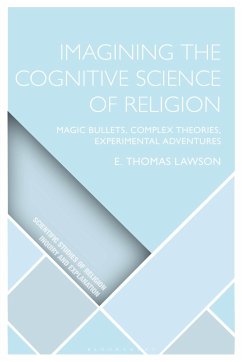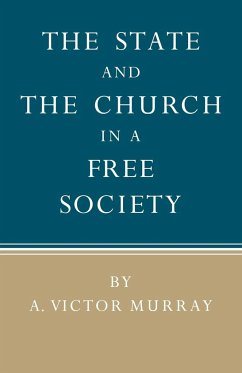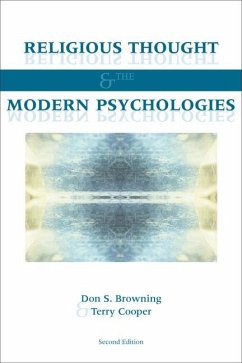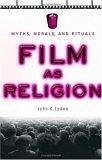
The Cognitive Science of Religion
A Methodological Introduction to Key Empirical Studies
Herausgeber: Slone, D Jason; McCorkle Jr, William W; Kundt, Radek; Martin, Luther H; Wiebe, Donald
Versandkostenfrei!
Versandfertig in über 4 Wochen
40,99 €
inkl. MwSt.
Weitere Ausgaben:

PAYBACK Punkte
20 °P sammeln!
The Cognitive Science of Religion introduces students to key empirical studies conducted over the past 25 years in this new and rapidly expanding field. In these studies, cognitive scientists of religion have applied the theories, findings and research tools of the cognitive sciences to understanding religious thought, behaviour and social dynamics. Each chapter is written by a leading international scholar, and summarizes in non-technical language the original empirical study conducted by the scholar. No prior or statistical knowledge is presumed, and studies included range from the classic t...
The Cognitive Science of Religion introduces students to key empirical studies conducted over the past 25 years in this new and rapidly expanding field. In these studies, cognitive scientists of religion have applied the theories, findings and research tools of the cognitive sciences to understanding religious thought, behaviour and social dynamics. Each chapter is written by a leading international scholar, and summarizes in non-technical language the original empirical study conducted by the scholar. No prior or statistical knowledge is presumed, and studies included range from the classic to the more recent and innovative cases. Students will learn about the theories that cognitive scientists have employed to explain recurrent features of religiosity across cultures and historical eras, how scholars have tested those theories, and what the results of those tests have revealed and suggest. Written to be accessible to undergraduates, this provides a much-needed survey of empirical studies in the cognitive science of religion.













